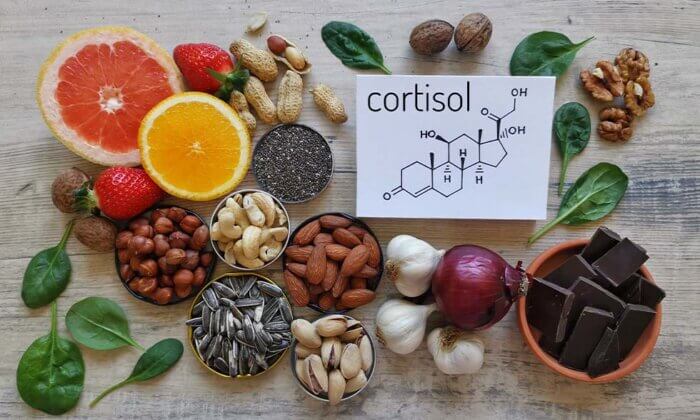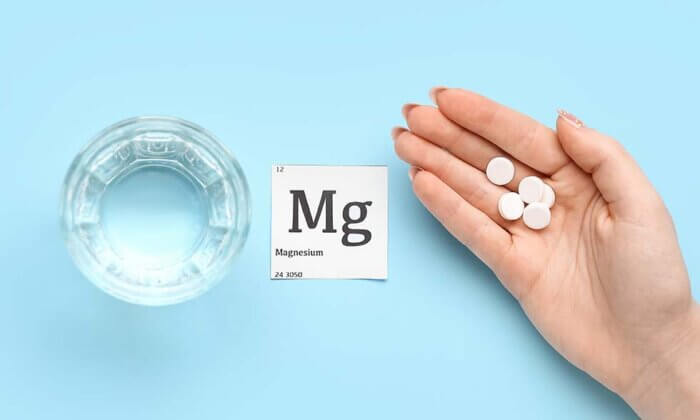Is the Myth of Harmful Mucus Forming Foods True?
Can withholding milk from children do more harm than good?
| | Reading Time: 4 minutes

Avoiding mucus forming foods is trendy, but should you cut out dairy and foods associated with increasing mucus? Do dairy products, and other foods pigeonholed as mucus-forming, actually cause increased mucus production? Does too much mucus cause disease?
The Difference Between Mucus and Phlegm
Mucus (or mucous) is a slippery, wet secretion produced by specialized membranes mainly in the respiratory and gastrointestinal tracts. Mucus is made up of glycoproteins and water. It also contains antiseptic enzymes, immunoglobulins, inorganic salts, proteins, and mucins.
The body makes mucus to protect cells that line the respiratory, gastrointestinal, urogenital, visual, and auditory systems. Mucus protects the body from being invaded by fungi, bacteria, or viruses, which is an essential function. The healthy human nose produces about a liter of mucus per day.
Phlegm refers to the thicker mucus associated with inflammation in the nasal passages, throat, and lungs. Allergens and air pollutants cause irritation of the mucosal lining of the respiratory tract resulting in increased mucus production and expectoration of phlegm.
Respiratory infections can cause a lot of phlegm. When severe, like in the SARS epidemic of 2002, the body overproduces mucus in an attempt to rapidly shed viruses in phlegm. But, excess mucus may cause the patient to drown in their secretions.
It’s important to note that SARS peaked in Hong Kong and China, both countries where adults almost never consume dairy products of any type.
Origin of the Mucus-Milk Myth
Ancient Greek physicians, as well as Arabic, Ayurvedic, and Chinese medical practitioners taught that too much phlegm was a sign of illness. In Traditional Chinese Medicine (TCM), accumulated phlegm is thought to cause tumors, swollen painful joints, cysts, nodules, and lymph node enlargement.
American natural health gurus of the 1950s through 1980s shared a few common principles as truths. These included iridology – reading a person’s iris to detect disease in the body – periodic fasting, fresh juicing, liver detoxification, flushing stones from the gallbladder, a vegetarian diet, eating coarse whole grain bread, avoiding processed foods, and colon cleansing. But most importantly, they believed that excess mucus production was at the root of all diseases.
The herbalist and natural healer, John Christopher advocated a healthy plant-based diet free of meat and processed foods. He developed a diet low in mucus-forming foods and coined the term “mucusless.”
Mucus Forming Foods According to Dr. Christopher:
- Dairy products
- White sugar
- All meats
- Wheat flour products
- Salt
- Eggs
The Evidence on Mucus-Forming Foods
In the 1990s, a cluster of studies tried to tease out the truth from myth. In one Australian study, even eleven glasses of milk per day didn’t increase mucus production. However, more allergic reactions like coughing occurred. A 2005 study reviewed several milk-mucus studies and found no connection to increased phlegm.
It appears that there is little evidence that drinking cow’s milk or eating cheese and other mucus-forming foods increases mucus production. It’s true that people with allergies to dairy products are more likely to have asthma with increased phlegm. But, it’s the proteins in milk that cause allergic reactions, not an increase in phlegm. However, medical experts question even that notion. The Canadian Family Physician recommends not withholding milk from children who have asthma or catch a cold.
The Paradox of Casomorphins: The Real Milk-Mucus Link?
The milk-mucus link may be more complicated than these studies discovered. It seems that some people are sensitive to protein fragments called casomorphins derived from milk digestion in the gut.
In particular, beta-casomorphin-7 (BCM7) is associated with increased histamine production, which results in asthma. These BCM7-sensitive groups of people also produce more phlegm. Avoiding dairy products reduces their symptoms of asthma. For these people, a dairy elimination diet makes sense.
BCM7 is linked to diabetes, joint pain, depression, sleep apnea in infants, and autism. For BCM7-sensitive infants, it appears that drinking cow’s milk may impair early childhood development. However, the research on the link between autism and casomorphins is limited with nothing appearing in the scientific literature since 2014.
However, newer studies suggest that casomorphins promote maternal bonding, gastrointestinal function, mucosal development, and restful sleep. It appears that human mother’s milk has a soothing opioid effect.
Casomorphins in cheese also produce an opioid effect. This may explain the pleasurable effect of eating cheese, preferably with a nice French wine.
Researchers also found that BCM7 does increase mucin production in the gastrointestinal tract, which is not necessarily harmful. Improved mucosal immunity in the gastrointestinal system helps reduce inflammation. But too much BCM7 increases inflammation markers like myeloperoxidase (MPO).
Mucusless: Dangerous Myth or Important Wellness Choice?
It’s true that withholding milk from young children with the notion that it causes increased mucus production may result in permanent harm. Body strength and height to a large part depend on healthy bones that need calcium. Traditionally, humans would breastfeed their infants for several years into childhood. Modern women nurse for a much shorter time. In the US, only about 50% of infants are breastfed to four months. But young children also need enough calcium for bone health and growth.
Mother’s milk also contains immune-enhancing substances and supports healthy gut probiotic ecology. Cow’s milk contains calcium and phosphorous for bone growth. However, cow’s milk also contains substances like lactose, casein, and BCM7, which are known to cause harm.
In my clinical practice, I recommend avoiding dairy products, including for children, when there is confirmed or suspected milk allergy or lactose intolerance. Sheep and goat’s milk do not contain BCM7. Therefore, substituting with goat milk is a better choice. Calcium supplementation is advised if you, or your children, avoid all milk. Breastfeeding in the earliest months of life is important, and I recommend that mothers try to continue the practice as long as they are able.


